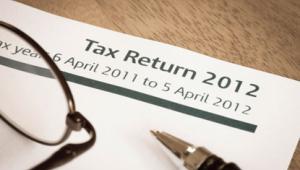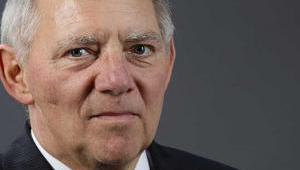Avoidance of tax and employment rules are driving this loss in revenue for the Treasury but underpin certain business models, according to Jolyon Maugham QC.
Speaking at a seminar on Uber and the gig economy organised by the APPG yesterday, Maugham explained that differences in the tax treatment and employment rights of employees, workers and the self-employed had enabled firms to avoid costs like national insurance contributions and employee benefits.
Self-employed contractors are exempt from the employer’s national insurance contribution rate of 13.8% and therefore can be more attractive to businesses.
Gig economy platforms can save around 17% on national insurance contributions by engaging individuals with self-employed status as opposed to employees, Maugham told the meeting.
He argued: “These businesses are being constructed around the opportunity to shrug off tax costs and employment protections. There is the opportunity to shrug them off and make an enormous profit because these lines [rules around employment and tax] are badly drawn.”
He said these “shrugged off” tax costs were then not available for “public good” like hospitals, roads and social care.
Maugham also pointed out that deciding who is selling a service, for example whether it is the taxi driver or the provider of a taxi-hailing platform like Uber, affects whether VAT can be charged.
Uber’s current arrangement states drivers are themselves supplying the services to passengers, which gets means the firm doesn’t charge VAT and means customers save 16.6%. If Uber agreed it was supplying the service it would have to charge VAT.
Maugham, who is a senior barrister at Devereux Chambers, told the APPG that HMRC should pursue Uber for around £1bn in unpaid VAT to date and expect approximately £200m per annum in VAT payment going forward.
He also highlighted that the loss in employment rights by people employed in the gig economy could bring further welfare costs because the “burden” of covering costs like sick pay, which would traditionally be absorbed by employers, would fall first on individuals working in the gig economy and then the state.
Maugham noted that opportunities to “arbitrage” between different tax and employment status has always existed but technology has enabled the development of business models that faced a minimal tax liability.
He warned that these business models can now operate at “enormous” scale, costing the Treasury considerable amounts of money.
In conclusion, Maugham said advances in technology should not serve as an excuse to avoid tax and employment burdens. It was possible for firms like Uber to provide benefits from improved technology while abiding by their responsibilities as employers and corporate citizens.
In February this year Maugham announced that he was pursing litigation against Uber over claims the app is undercharging VAT.
The company maintains that it is not liable for VAT because it simply connects drivers with customers, and does not provide a transport service.
Earlier this month Uber lost an appeal against a ruling that its drivers should be treated as workers rather than self-employed, meaning that they should be entitled to minimum wage and sickness and holiday pay. Uber has indicated it will take this decision to the Supreme Court.
The meeting also heard from Mark Groom a partner at Deloitte, who said the current definitions of employment were “broken” and that it was “ludicrous” that employment status had to be decided in court. He argued it should be much easier than that.
Paul Morton, director of the Office of Tax Simplification, told the event that the role of the platforms like Uber, Airbnb and Deliveroo would be very important in helping their ‘workers’ deal with their tax obligations.



















